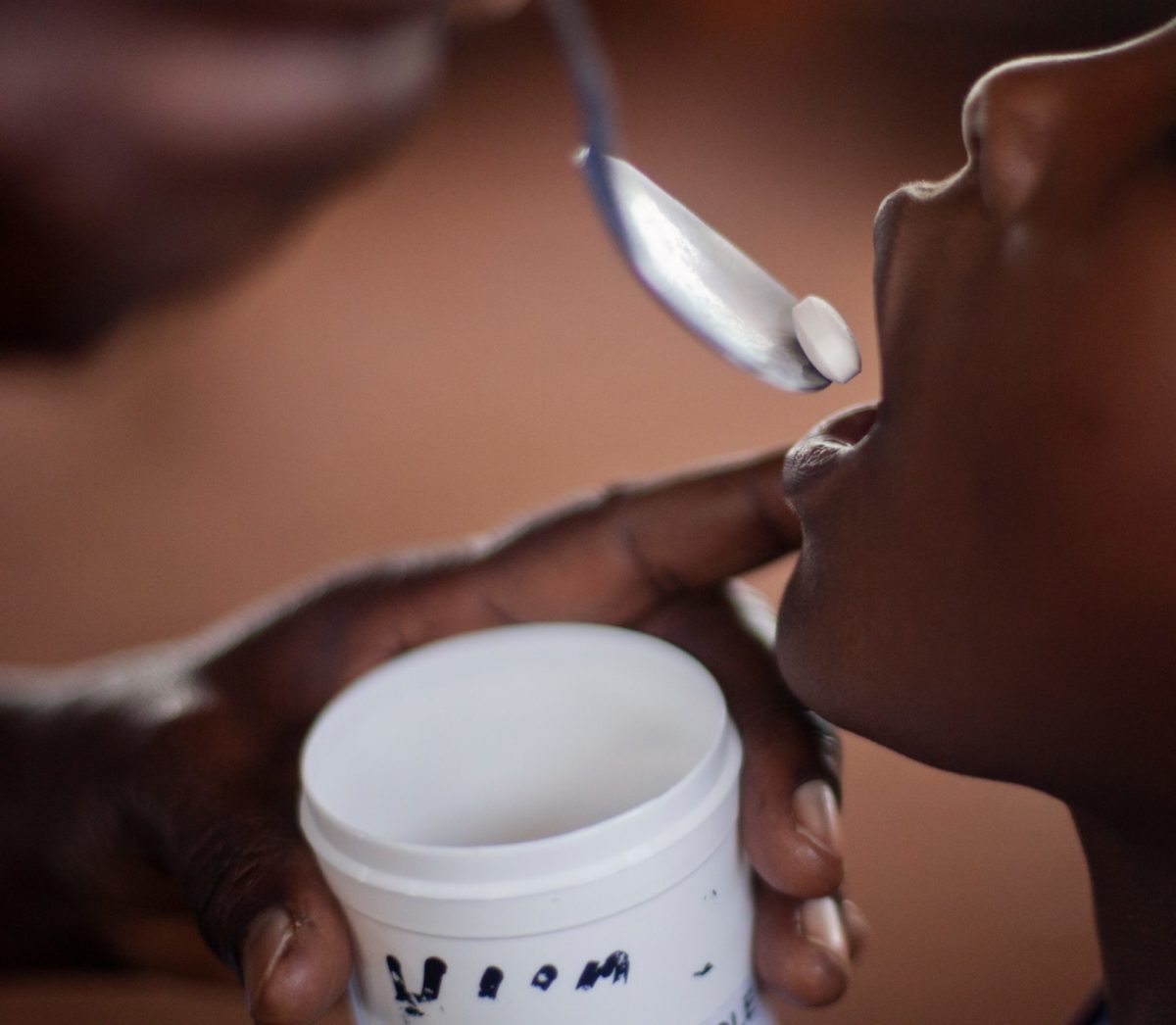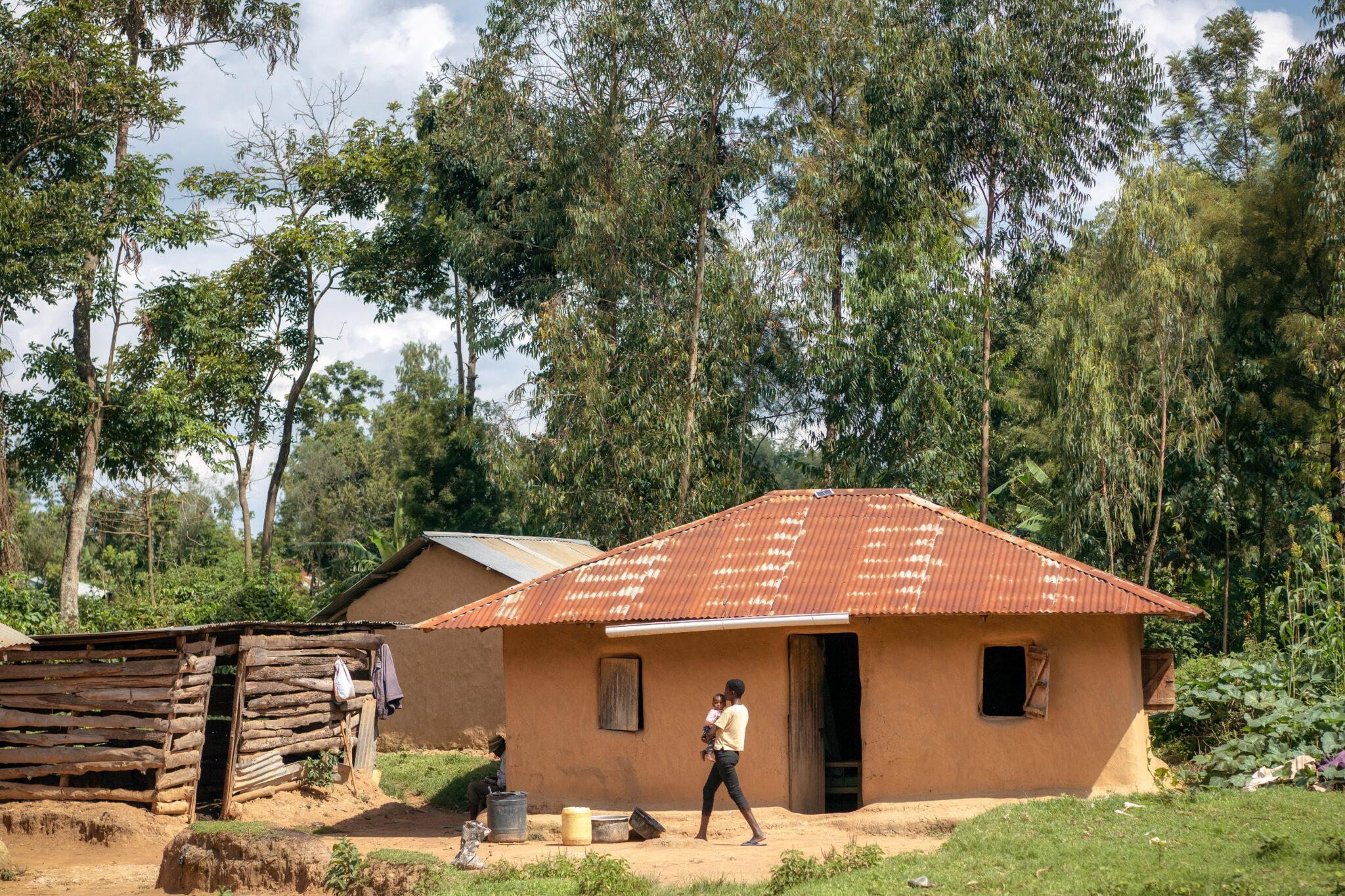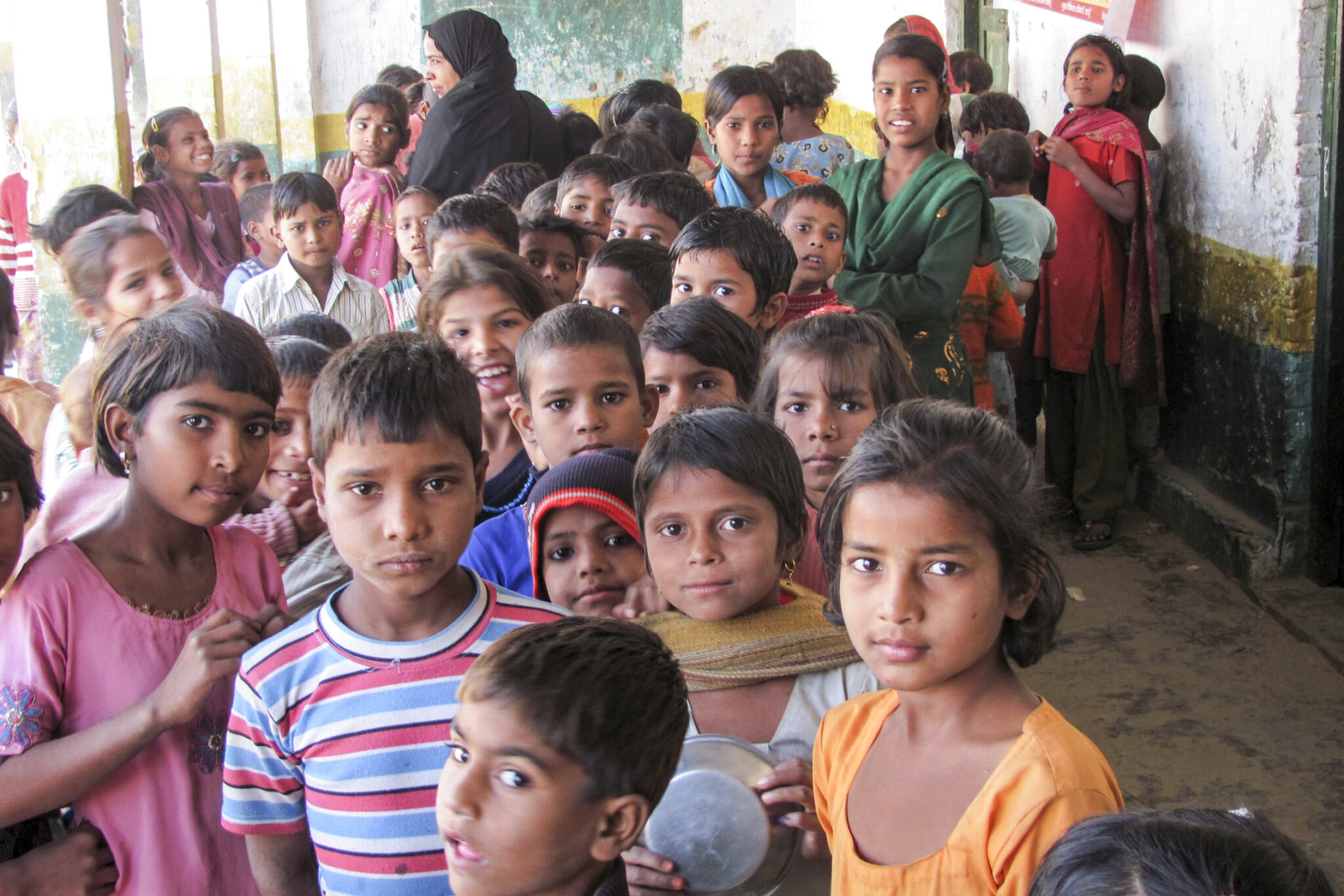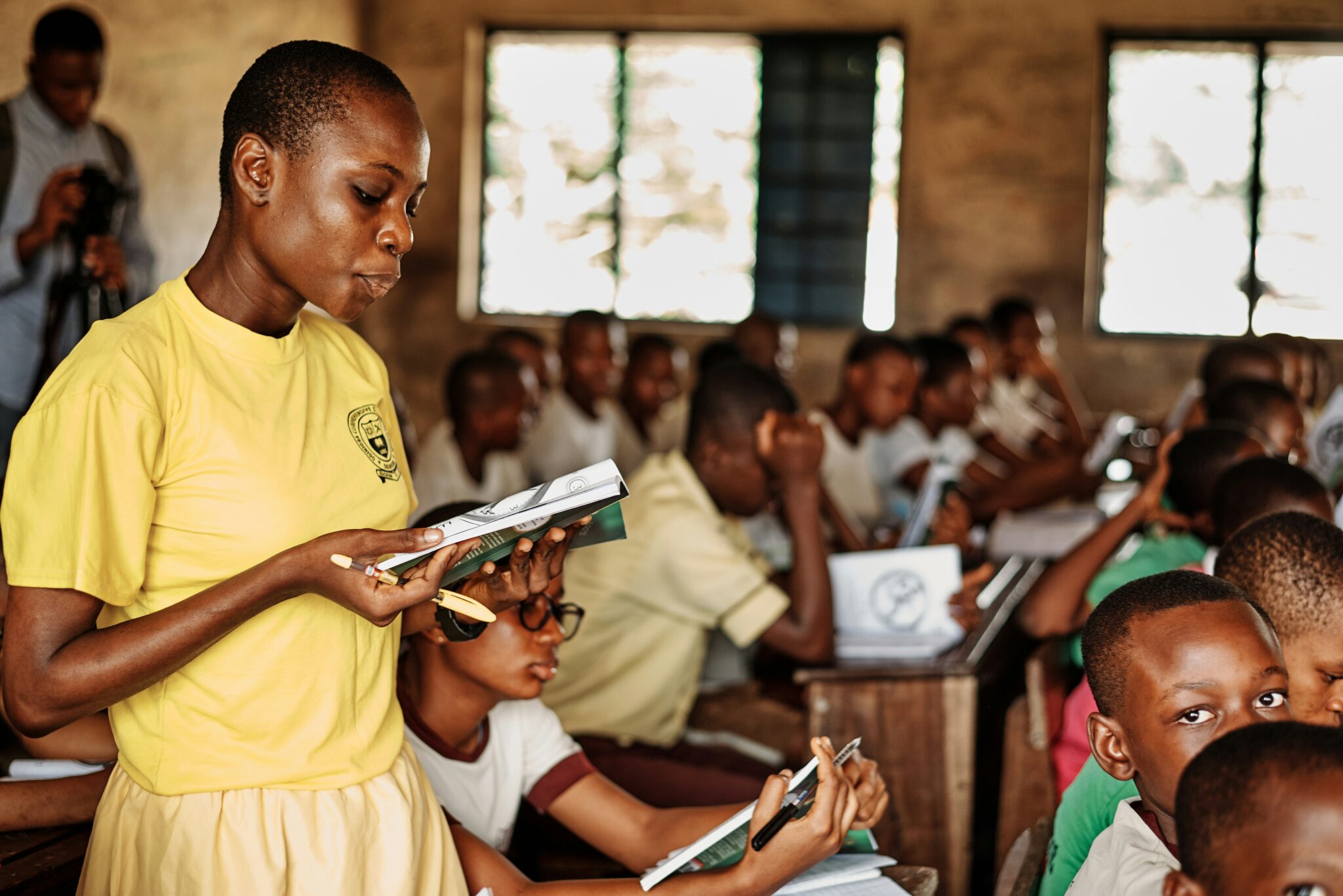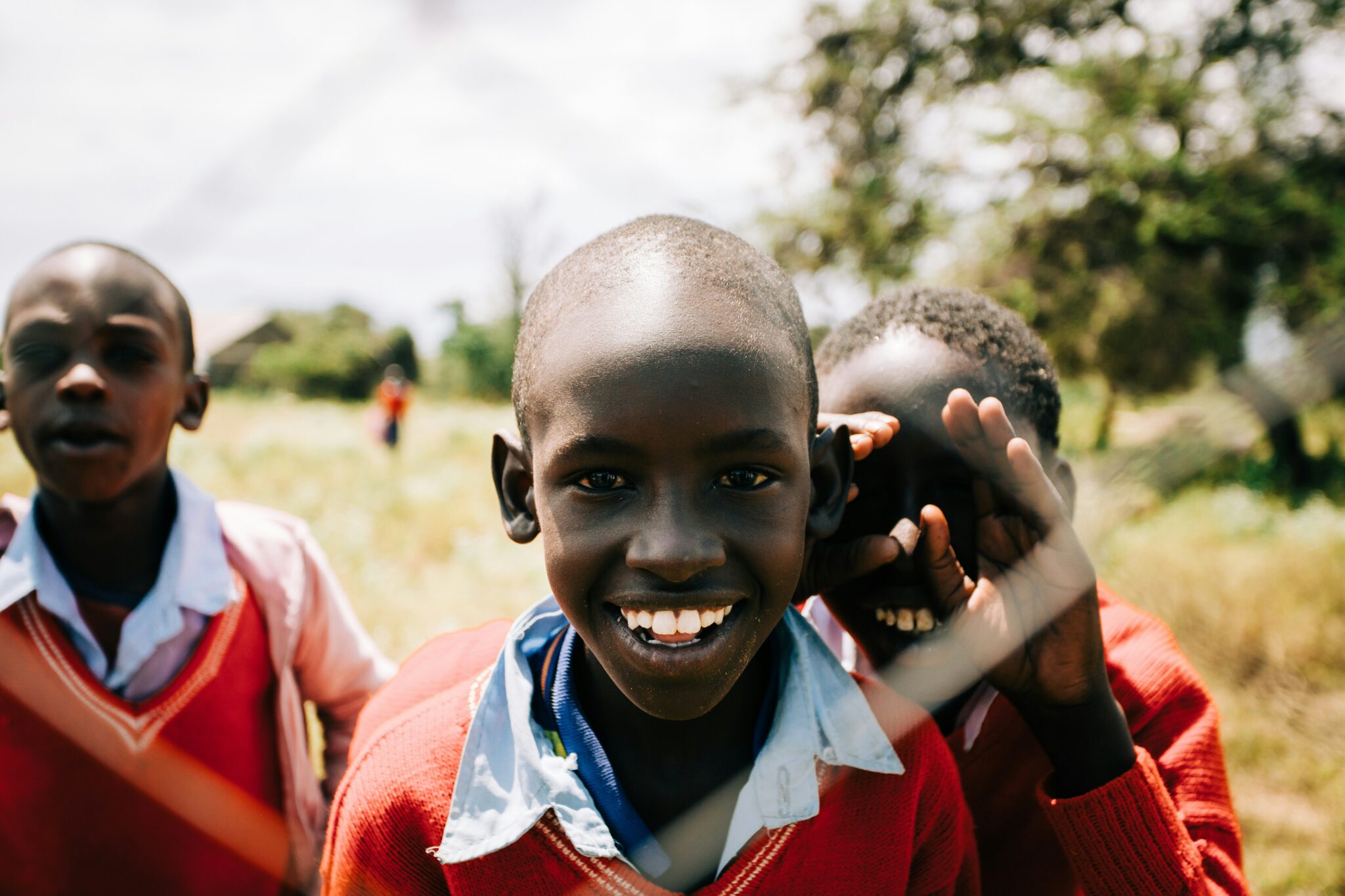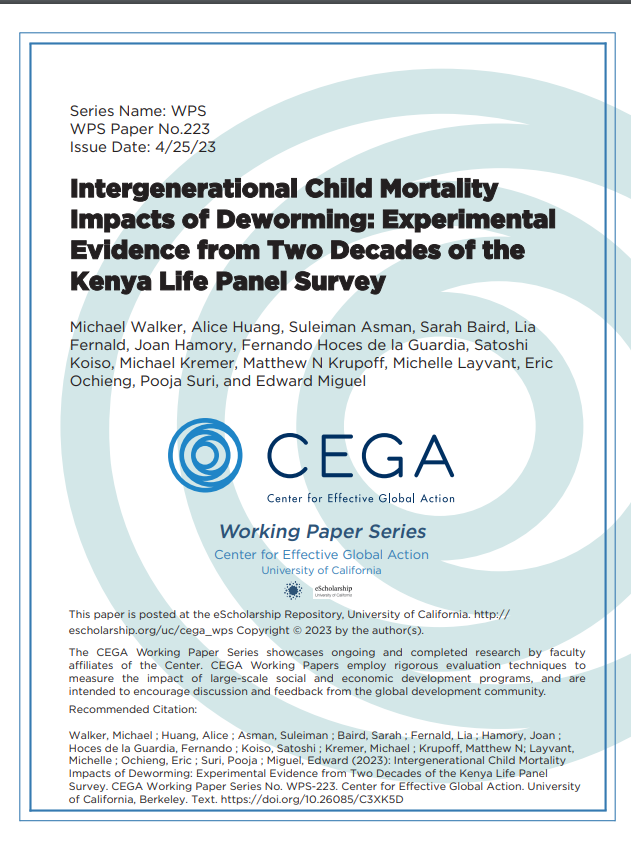
Deworming and the Kenya Life Panel Survey
Motivation
More than 1 billion people—nearly one-seventh of the world’s population—suffer from intestinal worms, which can have lifelong health consequences, including weakness, anemia and adverse immunological effects. Among children, the impacts of intestinal worms are particularly acute: infections cause malnutrition, impair intellectual and cognitive development, and stunt growth. These effects undermine productivity and growth, and stymie progress toward global health and development goals. Yet intestinal worms are largely preventable and treatable, and can be managed with a few simple and inexpensive pills.
The Kenya Life Panel Study (KLPS) comprises a series of evaluations exploring the health, educational, and economic impacts of mass school-based deworming interventions in rural Kenya. Launched in the late 1990s with support from the National Institutes of Health—and later GiveWell and others—KLPS measures both the short- and long-term impacts of deworming programs, generating a robust evidence base for related interventions that has informed policy across the globe. Informed by KLPS, countries including India, Kenya, Nigeria, Ethiopia and Pakistan carry out mass deworming programs that reach hundreds of millions of children each year, and the NGO Evidence Action launched the Deworm the World Initiative as a result of initial research findings. In 2020, new CEGA evidence confirmed that ensuring widespread access to deworming treatments generates clear health and humanitarian gains, while yielding remarkably high—and sustained—economic returns to society.
Activities
In 2004, CEGA faculty co-director Ted Miguel and Nobel Laureate Michael Kremer evaluated a primary school deworming program (PSDP) and found that the program reduced school absenteeism in treatment schools by one-quarter with benefits that extended to untreated children and neighboring schools. The KLPS project has tracked and surveyed a representative sample of children that took part in this evaluation between the years of 1998-2001 to evaluate the long-term impacts of the deworming program. The most recent wave, KLPS round four (KLPS-4), was completed in 2021 and had an effective respondent tracking rate of 87%. Data from this twenty year follow-up showed that individuals who received two to three additional years of childhood deworming experience an increase of 14% in consumption expenditure, 13% in hourly earnings, 9% in non-agricultural work hours, and are 9% more likely to live in urban areas. Taking these long-run outcomes and the low cost of the drugs, deworming has an annualized social internal rate of return estimate of 37%.
KLPS round four collected data to evaluate long-term impacts on a host of other outcomes such as education, mental health, sleep, migration, and marriage and fertility decisions. In addition, this latest round surveyed children to understand the causal intergenerational effects of the parents’ treatment in early-in-life deworming interventions on cognitive and non-cognitive skills, health, and other outcomes.
The fifth round (KLPS-5) plans to collect mid-life data on cognitive health and risk factors for Alzheimer’s Disease and related forms of dementia (AD/ADRD). KLPS-5 will adapt validated cognitive health tools from the Harmonized Cognitive Assessment Protocol (HCAP)– a network of international studies that seek to understand the risks of AD/ADRD in aging populations. The collection of mid-life cognitive health measurements will be complemented with detailed biomarkers from dried blood spots (DBS), and a breadth of non-cognitive risk factors for AD/ADRD. When merged with the long-run panel of individual characteristics and risk factors dating back to childhood and into middle-age, the fifth round aims to establish KLPS as the premier SSA cohort for AD/ADRD life course research.
